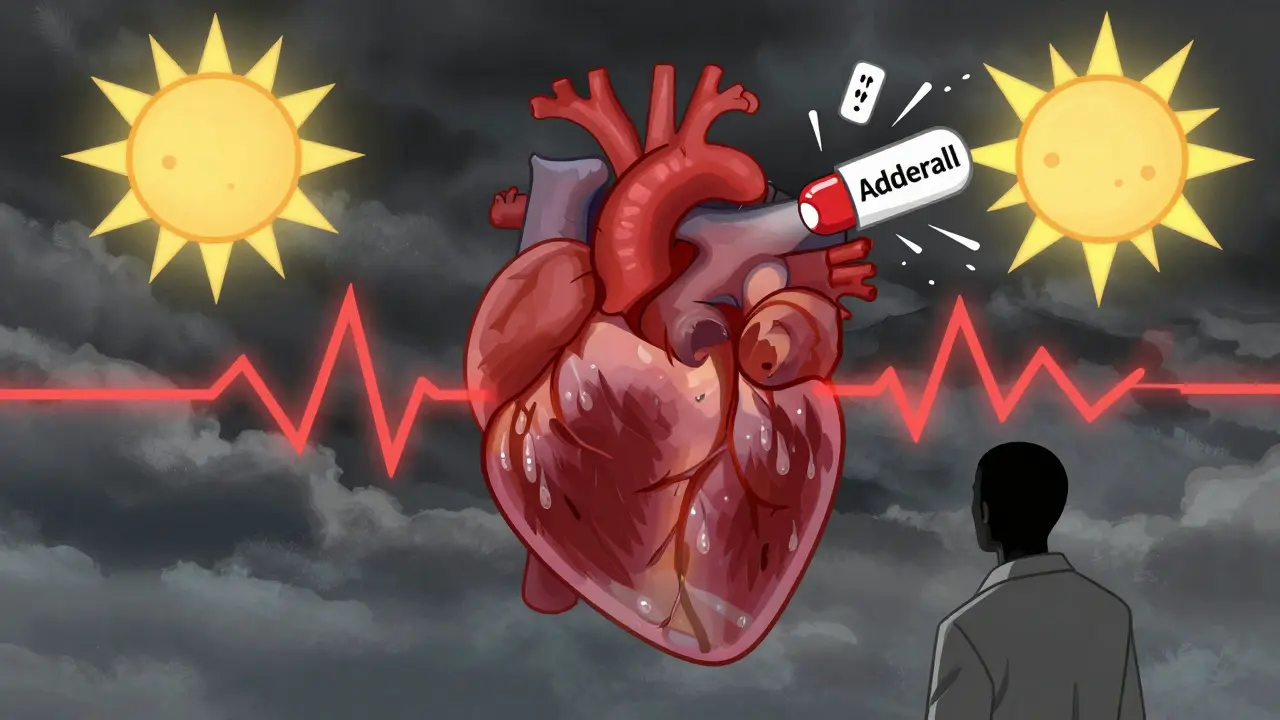Hyperthyroidism: What You Need to Know
If your thyroid is working overtime, you might feel jittery, lose weight fast, or notice a racing heart. That’s hyperthyroidism – an overactive gland that makes too much hormone. It can sneak up on anyone, but the good news is you can spot it early and get help.
What Is Hyperthyroidism?
The thyroid sits at the base of your neck and controls metabolism. When it cranks out excess hormones, your body speeds up. Common signs include heat intolerance, shaky hands, frequent bathroom trips, and anxiety that won’t quit. Some people also get swollen eyes or a noticeably larger neck (called a goiter). Not everyone gets all these symptoms, so pay attention to what feels off for you.
Doctors confirm hyperthyroidism with blood tests that measure TSH, T3, and T4 levels. A low TSH plus high T3/T4 usually means the thyroid is overactive. Imaging like an ultrasound or a radioactive iodine scan can show why it’s happening – Graves’ disease, nodules, or inflammation.
Managing Hyperthyroidism
Treatment aims to bring hormone levels back to normal and relieve symptoms. Medication such as methimazole or propylthiouracil blocks hormone production and is often the first step. Most people start feeling better within weeks, but regular blood checks are essential to adjust doses.
If meds aren’t enough, doctors may recommend radioactive iodine therapy. You swallow a tiny pill that shrinks the overactive tissue. It’s safe for most adults and usually clears up symptoms in a few months, though it can sometimes lead to an underactive thyroid later on.
Surgery is another option, especially if there’s a large goiter or cancer risk. Removing part or all of the gland stops hormone excess right away. Recovery is quick, but you’ll likely need lifelong hormone replacement after a total removal.
While medical care does most of the heavy lifting, lifestyle tweaks help too. Eat balanced meals with enough calories – rapid weight loss can strain your heart. Limit caffeine and alcohol because they can worsen tremors or anxiety. Regular, moderate exercise supports heart health but avoid overly intense workouts until you feel stable.
Stress management is key. Techniques like deep breathing, short walks, or yoga keep the nervous system calm, which can reduce how badly symptoms bother you. If you notice new signs or your current plan isn’t working, call your doctor – adjustments are common and part of staying proactive.
Bottom line: hyperthyroidism is treatable, and early detection makes a big difference. Keep an eye on changes in energy, weight, heart rate, and mood. When something feels off, get a simple blood test and start the conversation with your healthcare provider. With the right mix of medication, possible procedures, and healthy habits, you can bring your thyroid back into balance and feel like yourself again.
Hyperthyroidism and Stimulant Medications: Heart and Anxiety Risks
Hyperthyroidism and stimulant medications like Adderall can dangerously increase heart rate and anxiety. Learn why this combo is risky, what symptoms to watch for, and safer alternatives.
MoreBugleweed Supplements: Benefits, Heart Health, Risks, and Safe Dosage
Curious about bugleweed? Learn what it really helps with, what it doesn’t, safe dosage, interactions, and who should avoid it-especially for thyroid and heart concerns.
More

